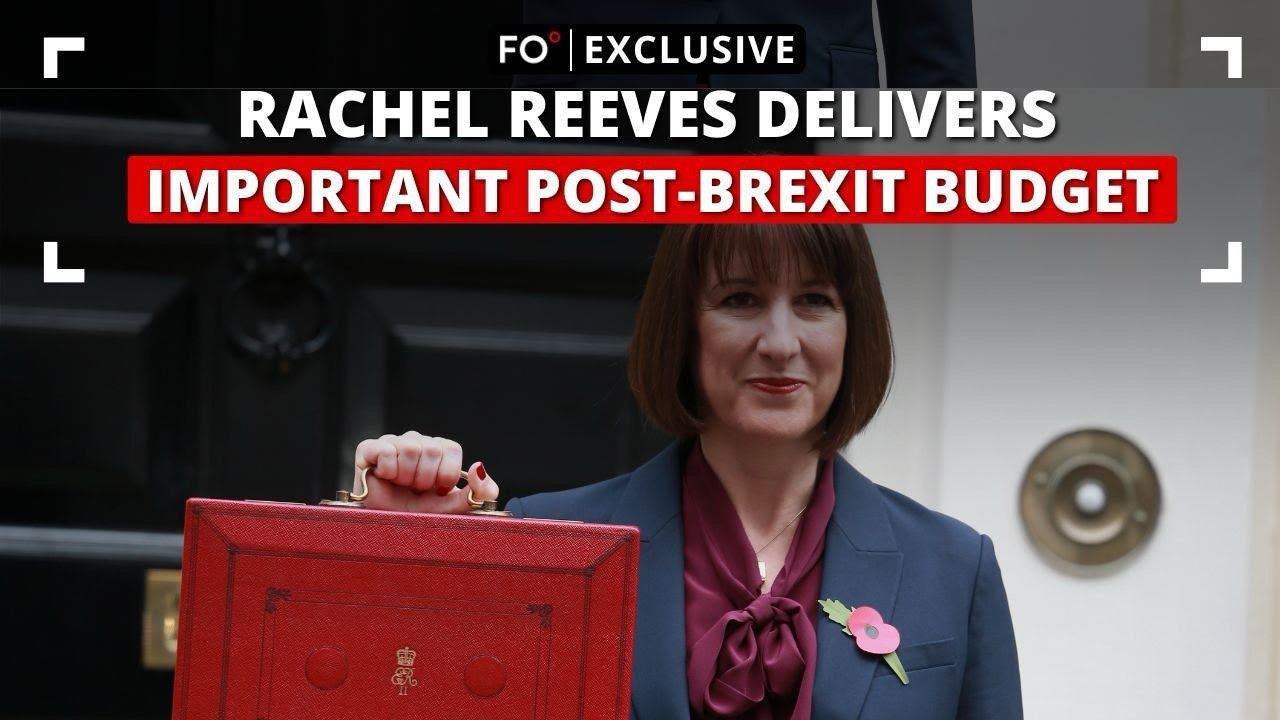On Monday, July 24, the Knesset, Israel’s parliament, adopted a highly controversial law to limit the Supreme Court's powers. The Knesset has 120 members, and this legislation was passed by 64 votes to 0 because the entire opposition boycotted the final vote.
The legal reforms concern the power of the elected government versus the power of the courts to scrutinize and even overrule government decisions. Israeli Prime Minister Benjamin “Bibi” Netanyahu’s government argues that reform is overdue. So do some others who argue that the judiciary is leftist, elitist and unaccountable. They believe that the judiciary interferes too much with legislation, is biased in support of liberal issues and is undemocratic in the way judges are selected.
A large number of Israelis oppose these reforms because they fear that the country’s narrowly elected governments in general and Bibi in particular will become far too powerful. A simple majority in the Knesset would change laws easily, leading to a lack of certainty and continuity in Israel’s legal and constitutional system. This would damage public life, rule of law and long term Israeli interests.
What are these legal reforms?
At the heart of the reforms and the controversy is the so-called "reasonableness" bill. This removes the Supreme Court's power to cancel government decisions it deems unreasonable. Besides the "reasonableness" law, the government wants to:
— Weaken the power of the Supreme Court to review or throw out laws,
enabling a simple majority of one in the Knesset to overrule such decisions.
— Have a decisive say over who becomes a judge, including in the Supreme
Court, by increasing its representation on the committee which appoints
them.
— Scrap the requirement for ministers to obey the advice of their legal advisers,
guided by the attorney general, which they currently have to do by law.
The bill to overturn the reasonableness standard is part of a package of legislation unveiled by Justice Minister Yariv Levin in January. The reasonableness standard gained prominence later that same month, when Israel’s High Court of Justice disqualified the Shas party chairman Arye Dery from serving as health and interior minister on these grounds, due to his conviction on charges of tax evasion, corruption as a public official, bribery and fraud.
Netanyahu’s right-wing coalition
Currently, Israel is ruled by a coalition government consisting of six parties: Likud, United Torah Judaism, Shas, Religious Zionist Party, Otzma Yehudit and Noam. United Torah Judaism and Shas are Haredi religious parties. Haredis are characterized by their strict adherence to rabbinical halakha (Jewish law) and oppose modern, Western values. They form 13.3% of Israel’s population.
Bibi formed his latest government on December 29, 2022, following the collapse of the coalition government led by Naftali Bennet and Yair Lapid. Israel’s politics with its proportional representation system is known for fractious coalitions. This government is regarded as the most right-leaning government in Israel’s history.
The Israeli Supreme Court disqualified Dery because it found his appointment to be “unreasonable in the extreme." The Shas leader had been convicted three times of criminal offenses and failed in his previous public positions to “serve the public loyally and lawfully.” The decision and legal doctrine behind it sparked immediate backlash on the right and put Bibi, the longstanding leader of Likud, in the uncomfortable position of having to deny a ministerial position to a loyal and powerful coalition ally.
Dr. Amir Fuchs, a Senior Researcher at the Israel Democracy Institute, takes the view that the standard of reasonableness refers to a balance between political and public interests in decision-making. An "unreasonable" decision is therefore one which “disproportionately focuses on political interests without sufficient consideration for public trust and its protection.”
Who is protesting and why?
Protesters have called for all the planned reforms to be scrapped and for Bibi to resign. Not only Bibi’s political rivals but also former top officials in Israel's military, intelligence and security services, former chief justices, and prominent legal figures and business leaders, amongst others, oppose the reforms.
Israel's Histadrut trade union confederation has threatened a general strike, and thousands of military personnel have vowed to not report for duty if the law is allowed to stand. First, over 1,000 Israeli Air Force reserve officers, including pilots, navigators and special forces threatened not to report for voluntary reserve duty. Then, another 10,000 Israeli Defense Force (IDF) reservists threatened the same.
Bibi’s critics oppose the reforms because:
— Reforms will severely undermine the country's democracy by weakening the
judicial system, the only tool for keeping the government in check.
— New laws might protect Bibi who is currently on trial for alleged corruption
(he denies the charges) and help his government pass laws with narrow
majorities for short-term political gain.
— The proposed system will change far too frequently, creating legal uncertainty
and a lack of continuity.
— So-called reforms will weaken public life, rule of law and long-term Israeli
interests.
Is this the end of Israeli democracy?
In some ways, we have been watching the slow suicide of the Israeli state for years. The exceedingly religious ultra-orthodox Jews have more children than their secular counterparts. They now comprise a larger percentage of Israel’s population and have greater power in its fractious democracy. The religious extremism of these ultra-orthodox has been rising too. They now have the numbers and the determination not only to play kingmaker but also to bend the state to their will. Bibi has gotten into bed with them in his single-minded pursuit of power.
In the first-past-the-post system of the US, the UK and India, the ultra-orthodox would not have such disproportionate power. Israel’s proportional representation system sets the electoral threshold at 3.25%. The number of seats a party receives in the Knesset is proportional to the number of votes it receives. So if a party gets 5% of the votes, it gets six seats out of 120. Ironically, this increases the power of the smaller parties and their leaders who choose their lackeys to be members of the Knesset. So, upsetting Dery is not an option for Bibi if he wants to cling on to his crown.
This increased power of the Knesset to change laws by small majorities runs counter to the cultural DNA of Israel. In 1948, most Israelis were Ashkenazis who immigrated from continental Europe. Therefore, Israeli democracy has less in common with the British Westminster parliamentary cousin and is more akin to continental Europe. Israel has implemented Montesquieu’s separation of powers with the judiciary keeping its unstable coalition governments in check.
Of course, there is an argument for more democratic oversight of the judiciary. It is strongly left-leaning and may no longer represent the values of Israeli society. However, the Bibi-led Likud and its allies are pushing such a major reform through in a hasty, heavy-handed way. Bibi has made a Faustian pact with the far-right and is doing away with checks and balances. He is bringing a more unitary system which is majoritarian and risks turning authoritarian. The fact that this reform favors politicians with criminal convictions or risk of such convictions is deeply disturbing. That is why thousands are turning to the streets.
The views expressed in this article/video are the author’s own and do not necessarily reflect Fair Observer’s editorial policy.


































Comment